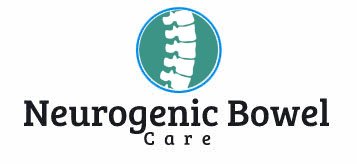Curated Content
Published at ENEMEEZ
Some symptoms of colon cancer can be easy to miss for people with a spinal cord injury (SCI). The symptoms are similar to symptoms associated with spinal cord injury. A difficulty associated with signs and symptoms underscores the need for people with SCI to have a routine screening by a qualified Gastroenterologist (GI).
The improved life expectancy of individuals with spinal cord injury (SCI) has increased the focus on preventative care, including colorectal cancer (CRC) screening. The rate of abnormal findings on colonoscopy in patients with SCI is at least equivalent to the general population, and CRC is possibly more advanced upon presentation.
Despite this, patients with SCI receive fewer colonoscopies than the general population. Fewer screenings represent missed opportunities to reduce mortality. A colonoscopy with polypectomy can reduce the risk of colorectal cancer (CRC).
Special Issues
In the patients with SCI that do undergo colonoscopy, achieving adequate bowel cleansing represents an obstacle. As a result of autonomic system dysfunction, many patients with SCI have neurogenic bowel with decreased colonic motility. These people have suboptimal bowel cleansing with standard pre-colonoscopy bowel preparation regimens. Poor bowel preparations limit diagnostic capabilities. Any limitation in the screening process places people with SCI at increased risk of missed precancerous lesions.
What is a Colonoscopy?
A colonoscopy is routine screening for colorectal cancer.
It’s important to schedule colonoscopies with a Gastroenterologist (GI) who has specific training in performing this procedure on people with SCI. A colonoscopy requires a thorough cleansing of the colon beforehand. The GI uses a scope with a camera on the end that allows the doctor to view the gastrointestinal tract and screen for any polyps (precancerous growths) or other abnormalities.
At the bottom of this educational post about SCI and Colonoscopies is an invitation to join the Thrive Community.
The Thrive Community Facebook Group is a private space for any person with a disability, as well as caregivers and healthcare providers that touch their lives. Their purpose is to provide a safe, educational space for group members to ask every question, connect with their peers, and empower each other through communication and connection. Their conversations are led by incredible individuals who themselves are living and thriving.
Read the full post on Paralysis and Colonoscopies on the ENEMEEZ blog.

